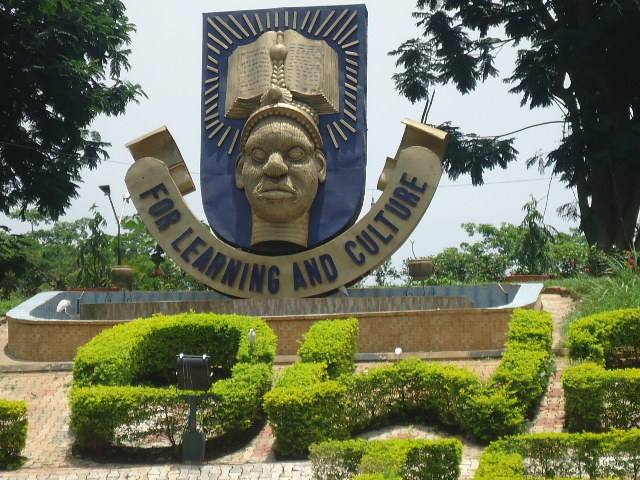[ad_1]
The Animal Science Association of Nigeria (ASAN), Edo chapter, on Friday trained meat handlers on meat and meat products, handling, processing, packaging and storage in Edo.
Declaring the one-day training opened, the Commissioner for Agriculture and Food Security, Stephen Idehenre, said the poor handling of meat seriously threatened human health and the environment.
Idehenre noted that the collaboration of all stakeholders was needed through engagement such as training and sensitisation campaign to address the issues.
“This is just the beginning of more engagements to come. We will continue to talk to meat handlers to prevent any outbreak of disease in the state,” he said.
Earlier in his welcome address, the State Chairman of ASAN, Peter Aikhuomobhgbe, explained that the poor and unhygienic way meat is handled in abattoirs and markets in the state necessitated the training programme.
Aikhuomobhgbe noted that the poor state of the abattoir and the poor handling of meat was raising concerns among stakeholders about the attendant health risk
“As animal scientist, we are worried about the unhealthy environment, transport system and the very poor way people handle meat.
“You will not like to eat meat if you go to our abattoirs. The way the meat is transported to the markets is another problem. So, the essence of this training is aimed at making meat wholesome,”he said.
According to him, “as an association, our role is multi-disciplinary, one of which is to educate the people on how to handle, process, package and store meat.
Professor John Igene, an Emeritus Professor of Research Innovation, Food and Technology, at University of Benin (UNIBEN), in his lecture titled “Meat and Meat Products Handling, Preservation, Processing, Packaging and Storage”, said proper meat handling was critical for the overall wellbeing of Nigerians
He noted that poor meat handling and storage procedures often resulted in food poisoning adding that food safety was the only way to secure lives.
“The quality of meat supplied to the general population may be affected by techniques used in handling and preserving the meat.
“In order to properly slaughter and process meat,it is imperative that the rural and urban abattoirs be built with qualified workers.
According to him, “We need to enhance public meat inspection, supply standardised facility to maintain a high level of meat sanitation.
The director of Animal Husbandry Department, Eno Otamere, noted that participants were drawn from livestock farmers, operators of abattoirs, poultry farmers and pig farmers among others.
[ad_2]






